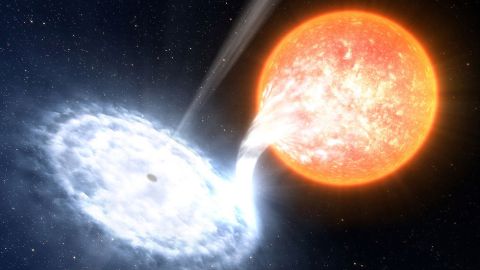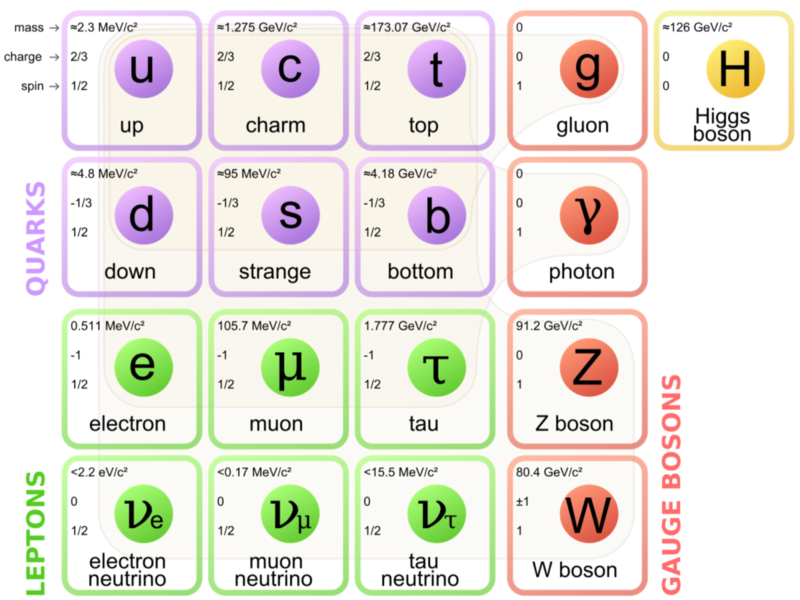The God Particle

A premature announcement can still be an exciting thing.
Just witness what happened on the blog of Columbia University Phycisist and Big Think Expert Peter Woit’sNot Even Wrong blog this week, which blew up when an anonymous poster offered up a supposedly leaked memo from scientists working at the European Large Hadron Collider (LHC) particle accelerator. The so-called ‘God particle‘ had been discovered. Or was it? Was it a hoax? (No, a CERN spokesman has since authenticated the memo.) But was the discovery for real? And what’s with all the God-talk? It’s certainly not understated. This particle (Higgs Boson) is the particle that theorists think gives other particles their mass, the discovery of which has eluded scientists for decades.
What’s the Big Idea?
The discovery of such a particle would offer physicists quite a bounty: an explanation of why all other particles have mass.
Just to be clear: the official word out there is: hold your horses. As far as we can deduct from official statements, scientists perceived what was merely a hint of the ‘God particle,’ due to the incredibly inferential nature of scientific observations in particle physics. In layman’s terms, this supposed discovery was not even the subatomic equivalent of finding the proverbial needle in a haystack: the ‘God particle’ was sniffed out hiding in a bunch of subatomic debris at the CERN particle accelerator in Geneva, Switzerland.
What’s the Significance?
A Cern spokesman, while confirming the authenticity of the note, cautioned that the discovery has not been subject to rigorous scientific examination and could end up a false alarm.
“It’s genuine, but what it comes from is a note written by a very small group of people in a large collaboration,” said James Gillies, director of communications at Cern. He continued, to BBC News: “If those notes survive scrutiny, which is often not the case…then the next stage in the peer review process is for them to go out to the collaboration as a whole…What was leaked was the first stage in that process … at this stage we can’t take it seriously and these things do come and go quite often.”
As the scientific community has weighed in over the course of the last few days, who better than Peter Woit–whose blog caused all this trouble–to explain the significance of the search for the so-called ‘God particle.’ Watch:




